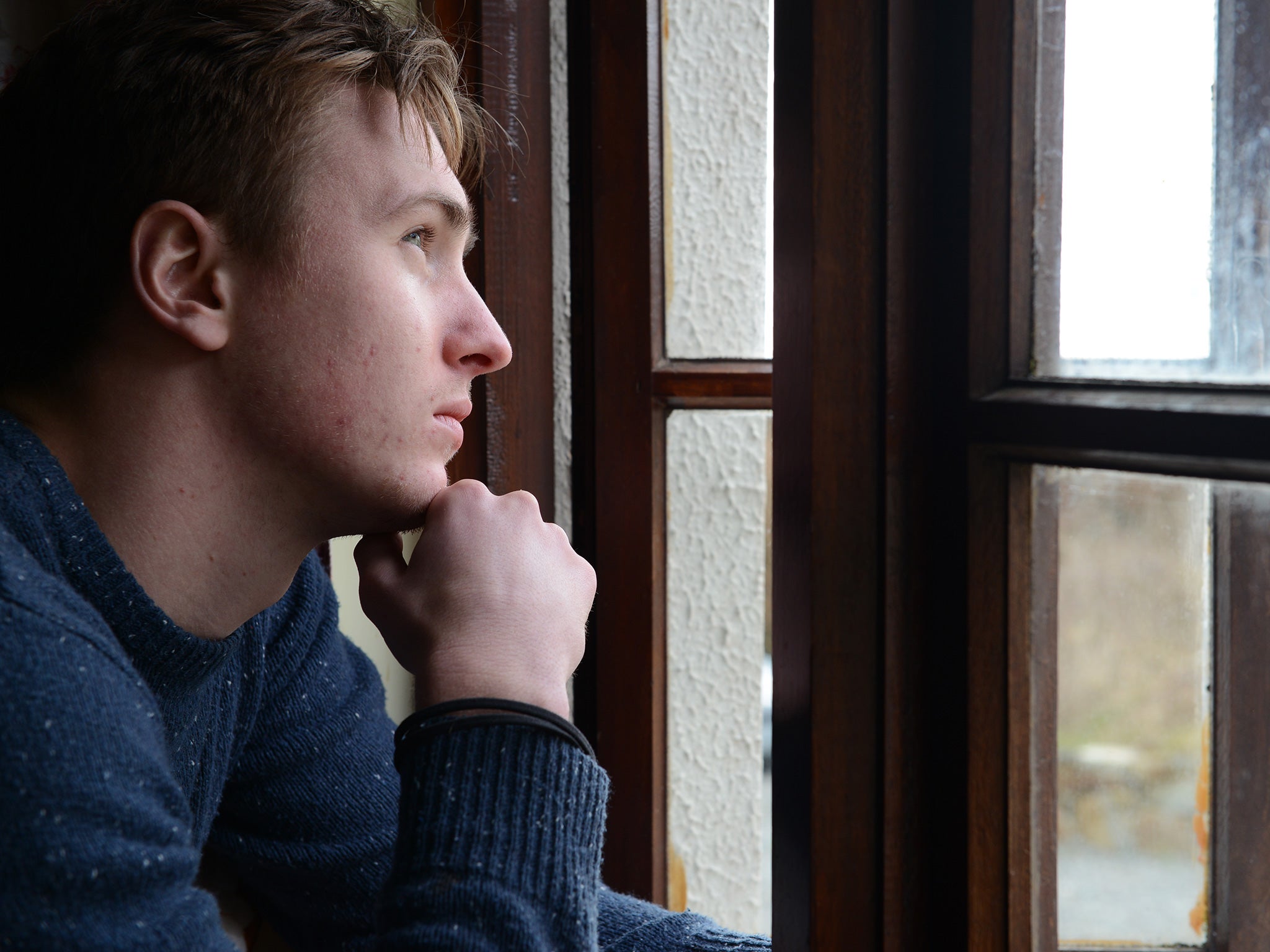Anxiety and depression caused by stress linked to gut bacteria living in intestines, scientists find
Anxious and depressive behaviour brought on by exposure to stress in early life appears to depend on microbes being present in the gut

Your support helps us to tell the story
From reproductive rights to climate change to Big Tech, The Independent is on the ground when the story is developing. Whether it's investigating the financials of Elon Musk's pro-Trump PAC or producing our latest documentary, 'The A Word', which shines a light on the American women fighting for reproductive rights, we know how important it is to parse out the facts from the messaging.
At such a critical moment in US history, we need reporters on the ground. Your donation allows us to keep sending journalists to speak to both sides of the story.
The Independent is trusted by Americans across the entire political spectrum. And unlike many other quality news outlets, we choose not to lock Americans out of our reporting and analysis with paywalls. We believe quality journalism should be available to everyone, paid for by those who can afford it.
Your support makes all the difference.Anxiety and depression could be linked to the presence of bacteria in the intestines, scientists have found.
A study on laboratory mice has shown that anxious and depressive behaviour brought on by exposure to stress in early life appears only to be triggered if microbes are present in the gut.
The study, published in Nature Communications, demonstrates a clear link between gut microbiota – the microbes living naturally in the intestines – and the triggering of the behavioural signs of stress.
“We have shown for the first time in an established mouse model of anxiety and depression that bacteria play a crucial role in inducing this abnormal behaviour,” said Premysl Bercik of McMaster University in Hamilton, Canada, the lead author of the study.
The scientists called for further research to see if the conclusions applied to humans, and whether therapies that that target intestinal microbes can benefit patients with psychiatric disorders.
Previous research on mice has indicated that gut microbes play an important role in behaviour. For instance, mice with no gut bacteria – called “germ-free” mice – are less likely to show anxiety-like behaviour than normal mice.
The latest study looked at mice that had been exposed to a stressful experience in early life, such as being separated from their mothers. When these mice grow up they display anxiety and depression-like behaviour and have abnormal levels of the stress hormone corticosterone in their blood, as well as suffering from gut dysfunction based on the release of the neurotransmitter acetylcholine.
But when “germ-free” mice with no gut bacteria are exposed to a similar stressful experience as newborns, they do not show any signs of anxiety or depression in later life even though they have similar levels of stress hormones in their blood and markers of dysfunction in their gut.
The scientists then transferred gut bacteria from the normal mice that had also been separated from their mothers to the “germ-free” . Within a few weeks, the germ-free mice that had previously shown no signs of anxiety or depression started to display the same depressive, anxious behaviour as the ordinary mice
“However, if we transfer the bacteria from stressed mice into non-stressed, germ-free mice, no abnormalities are observed,” Dr Bercik added. “This suggests that...both host and microbial factors are required for the development of anxiety and depression-like behaviour.”
Join our commenting forum
Join thought-provoking conversations, follow other Independent readers and see their replies
Comments